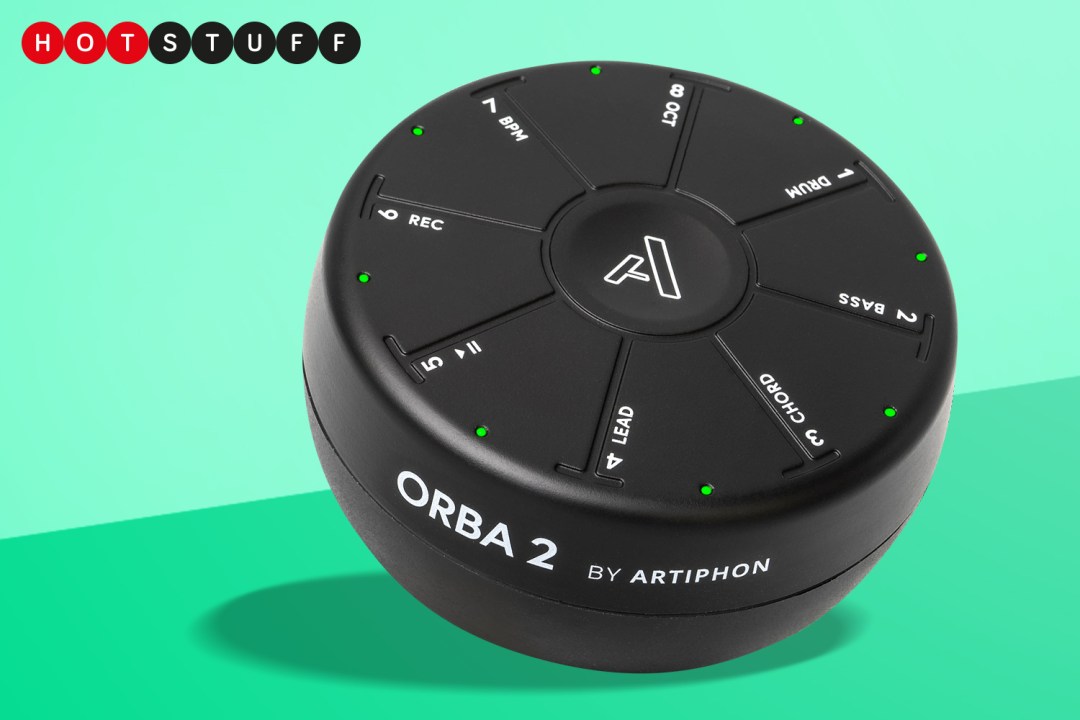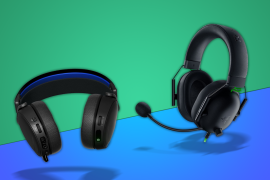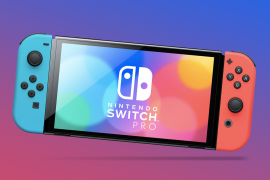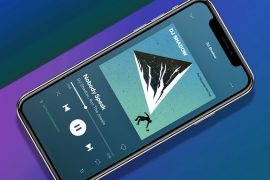Craft sample-based hits anywhere with the Orba 2 techno-grapefruit
128 bars. Quantisation. Loops. Also: looking cool (honest) while tapping at half a ball

Guitars? Drums? Synths? Nah. Unless you’ve comedy trousers, you won’t be able to pull one of those from your pocket the second a top-ten hit enters your brain. But then a phone doesn’t cut it either, lacking the physicality of a real-world instrument. Hence: Orba 2 (£149.99/$149.99).
In stills, it looks like the union of half a grapefruit and a classic synth, with its palm-friendly design, black styling and blinking lights. But this is no slice of retro hardware: Orba 2 responds to a slew of gestures, including taps, bumps, shakes and spins. These movements change how sound is played, making the experience feel tactile – like plucking a guitar string or maniacally whacking a bongo.
The device can be played as a live instrument – with more immediacy than traditional fare – or used to craft loops built up from drum, bass, chord and lead parts. And if you’re thinking this sounds familiar, you’re right, given that we wrote about the original Orba three years ago – and this follow up looks very similar.
Fortunately, Artiphon hasn’t just added a ‘2’ to its device’s name – the upgrades are meaningful, giving you more scope for song creation through sampling, quantisation and greatly extended recording time.
Have (half) a ball with samples
The Orba 2’s sound engine incorporating samples means you can pull in any sound and transform it into a glorious melody or sting, be that a bell or your housemate yelling TURN THAT DOWN. Quantising lets you align your input to the beat, making sure your efforts are never out of time. And the shift from 8-bar loops to 128-bar songs means compositions can bang on for up to five minutes rather than a handful of seconds.
There’s a built-in speaker for wowing everyone around. Support for USB-C and Bluetooth audio lets you plug the Orba 2 into music apps like GarageBand, Ableton Live, Logic Pro, Pro Tools, Cubase and FL Studio. And there’s a 3.5mm headphone port, for when you need privacy through wired buds – or to plug the device into an amp and dance around the stage during a headliner slot at Glasto.
Just make sure it’s your headliner slot, mind. We have it on good authority that Adele does not appreciate randos infiltrating her stage, plugging in strange instruments and then leaping about while blaring ear-splitting samples of angry housemates at a range of pitches – however nicely quantised they are.



